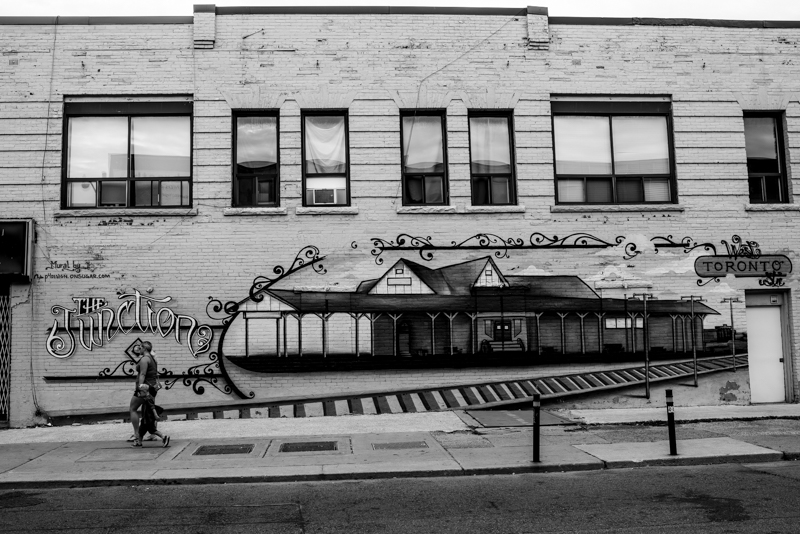During the life of the Buddha, the Indian caste system was prevalent and important. According to this system, a person’s life was said to be pre-determined based on who his parents were. A person born into the warrior caste had only one station in life and he could not change it. Another, born as an untouchable, was marked for life. No matter what she did she would never rise above this station.
The Buddha recognized the inherent injustice of this political system and through his work to develop the monastic order he eradicated it. The Buddha explained to his followers that a person’s birth was indeed determined by karma, but that did not mean that the trajectory of his life was fixed. Instead a person could rise above his station through the practice of wholesome actions that would accumulate good karma and outshine his unfortunate past. Chief among these wholesome actions that raise us upward, is the practice of insight meditation, the Buddha’s crowning achievement.
Insight meditation works because it teaches us how to be happy and satisfied in the present moment whether or not we are enjoying pleasure, praise, company or wealth. In short, we learn how to be content just being alone. When a person does not easily become bored or lonely, she will naturally gravitate to wholesome actions that are helpful to others because there is no longer any negative energy stopping her from doing so. To a person who is not distracted with fulfilling his own selfish desires, it is obvious that the highest station in life is one devoted exclusively to doing good deeds.
The Buddha urged us to remember that each of us has a higher calling. If we are willing to put in a bit of effort to train the mind to be present, we can all continue to rise towards our next station in life.
[cjtoolbox name=’Course Advertisement Footer’]
